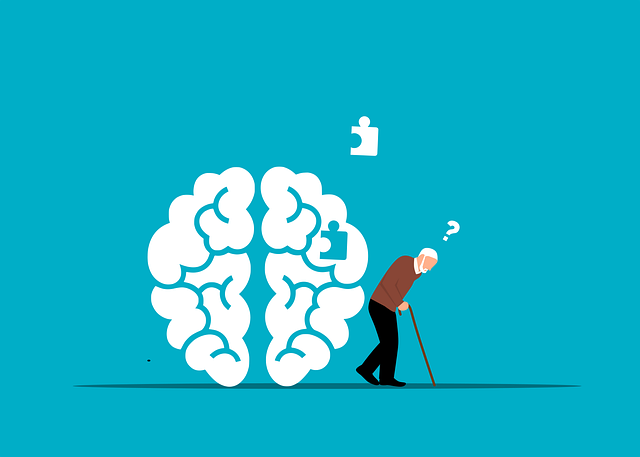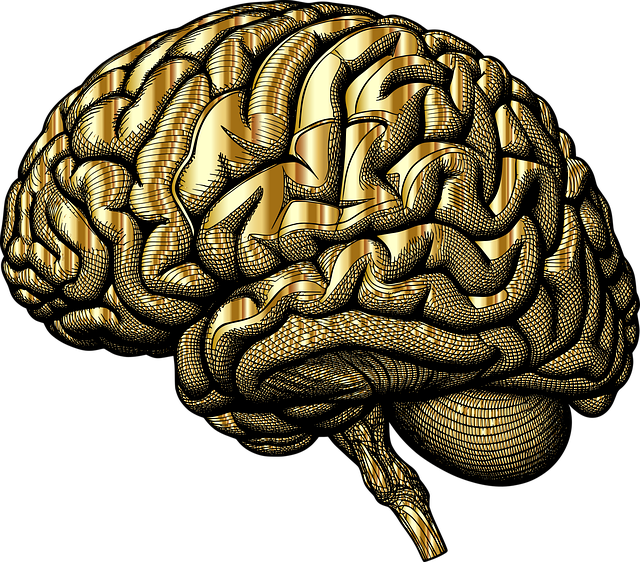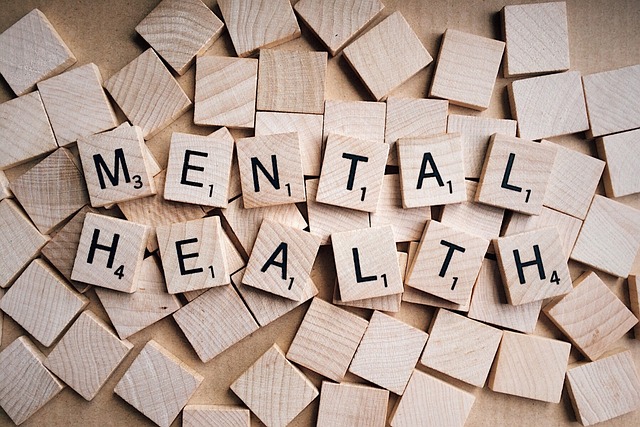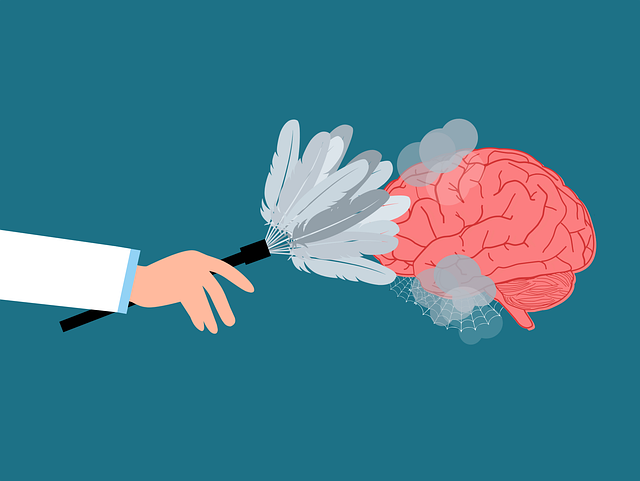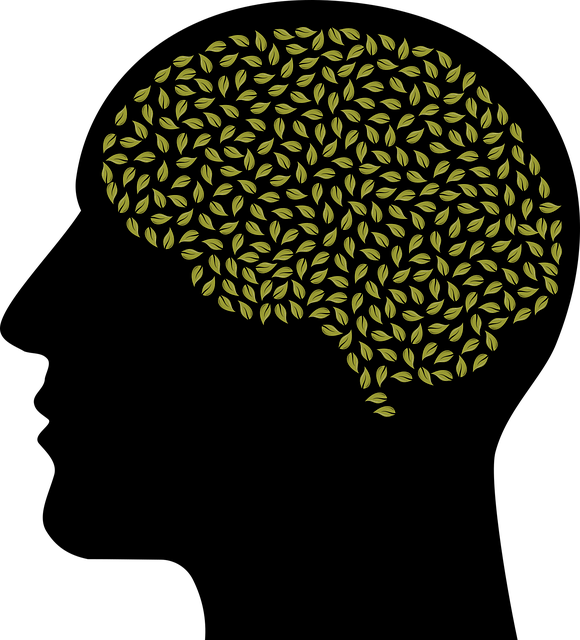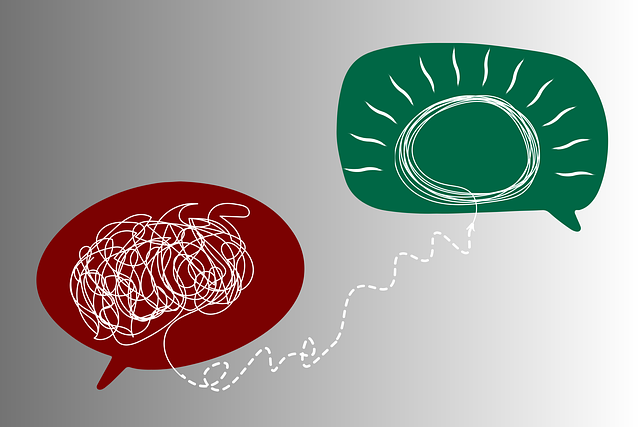Self-care is crucial for adolescent teens' mental wellness, addressing pressures from academics, social media, and peers. Cognitive Behavioral Therapy (CBT) is an effective approach, helping process traumatic experiences and change negative thought patterns. Daily self-care routines, including mindfulness, journaling, art therapy, and physical activity, empower teens to manage stress and maintain emotional balance. Overcoming challenges with CBT fosters improved mood management and decision-making skills, while culturally sensitive care ensures inclusive, identity-honoring spaces. Emotional intelligence is key for building resilient, fulfilling self-care routines.
“Unleash your teen’s full potential by exploring the transformative power of self-care. This comprehensive guide delves into the essential practice of self-care for adolescents, highlighting its profound impact on overall well-being. We examine cognitive behavioral therapy (CBT) as a powerful tool to enhance self-care habits, offering practical strategies for busy teens.
From understanding the fundamentals to overcoming challenges, this article equips parents and teens with the knowledge to foster a sustainable self-care journey, ensuring a healthier and happier future.”
- Understanding Self-Care and its Importance for Teens
- The Role of Cognitive Behavioral Therapy (CBT) in Enhancing Self-Care
- Practical Strategies for Incorporating Daily Self-Care Routines
- Overcoming Challenges and Building a Sustainable Self-Care Journey
Understanding Self-Care and its Importance for Teens

For adolescent teens, self-care is a crucial aspect of navigating the challenges and complexities of growing up. It involves recognizing and prioritizing one’s physical, emotional, and mental well-being, which are all interconnected elements that play a significant role in overall health. In today’s fast-paced world, where teens often face pressures from academic demands, social media, and peer dynamics, fostering healthy self-care practices can be transformative.
Cognitive Behavioral Therapy (CBT), for instance, is a popular therapeutic approach that empowers teens to understand their thoughts, feelings, and behaviors, enabling them to develop effective coping mechanisms. By integrating CBT techniques into self-care routines, adolescents can enhance their ability to manage stress, improve mood, and boost overall mental resilience. Additionally, risk management planning for mental health professionals, coupled with culturally sensitive practices, ensures that teens from diverse backgrounds receive tailored support, addressing unique challenges that may impact their mental wellness. The Mental Wellness Podcast Series Production also offers accessible resources, providing valuable insights and strategies to promote self-care among teens, even outside of clinical settings.
The Role of Cognitive Behavioral Therapy (CBT) in Enhancing Self-Care

Cognitive Behavioral Therapy (CBT) is a powerful tool in empowering adolescent teens to improve their self-care practices and enhance overall mental wellness. This form of therapy focuses on identifying and changing negative thought patterns, which can significantly impact an individual’s emotional well-being and behaviors. By teaching teens how to manage their thoughts and emotions effectively, CBT enables them to develop healthier coping mechanisms and make positive changes in their lives.
Through CBT, trauma support services can be integrated to address any underlying issues that may hinder self-care routine development for better mental health. By confronting and reframing traumatic experiences, CBT helps individuals gain a sense of control over their emotions and behaviors. This process encourages teens to prioritize self-care as a means of maintaining their emotional balance and fostering a positive relationship with themselves.
Practical Strategies for Incorporating Daily Self-Care Routines

Creating a daily self-care routine is an empowering step towards enhancing overall well-being, especially for adolescent teens navigating life’s challenges. A structured approach can make these practices more manageable and effective. Start by incorporating simple yet impactful habits into your morning, afternoon, and evening routines. For instance, begin each day with a few minutes of mindfulness exercises or meditation to center yourself and set a positive tone for the day ahead. These moments of self-awareness exercises can help in regulating emotions and improving focus.
Consider dedicating time in the evening for emotional healing processes, such as journaling or engaging in creative outlets like art therapy. This allows for an outlet to process thoughts and feelings, fostering emotional well-being promotion techniques. Additionally, regular physical activity, whether it’s a brisk walk or a structured workout, is not just beneficial for the body but also plays a significant role in cognitive behavioral therapy by releasing endorphins and reducing stress levels. These strategies collectively contribute to building a robust self-care foundation, empowering teens to manage their mental health effectively.
Overcoming Challenges and Building a Sustainable Self-Care Journey

Overcoming challenges is a pivotal aspect of building a sustainable self-care journey, especially for adolescent teens navigating their mental health landscape. Many young individuals face barriers such as academic pressures, peer relationships, and societal expectations, which can negatively impact their overall well-being. Engaging in therapy, particularly Cognitive Behavioral Therapy (CBT), offers a powerful tool to combat these challenges. CBT helps adolescents identify and change negative thought patterns and behaviors, fostering improved mood management skills.
Cultural sensitivity in mental healthcare practice is also essential for a holistic approach to self-care. Recognizing and understanding diverse cultural beliefs and backgrounds enables therapists to create safe, inclusive spaces that honor individual identities. Additionally, emotional intelligence plays a crucial role in this journey. Teens learn to recognize and manage their emotions effectively, leading to better decision-making and enhanced relationships—all vital components for a resilient and fulfilling self-care routine.
Self-care is an essential aspect of overall well-being, especially for teens navigating the complexities of adolescence. By understanding and prioritizing self-care, teenagers can foster resilience, improve mental health, and enhance their quality of life. Cognitive Behavioral Therapy (CBT) emerges as a powerful tool to support adolescents in adopting healthy self-care practices. Through CBT, teens learn to identify negative thought patterns and replace them with positive, empowering behaviors, ultimately leading to improved emotional regulation and enhanced daily routines. By combining evidence-based therapy with practical strategies, teenagers can overcome challenges and build a sustainable self-care journey that promotes growth and thriving.
